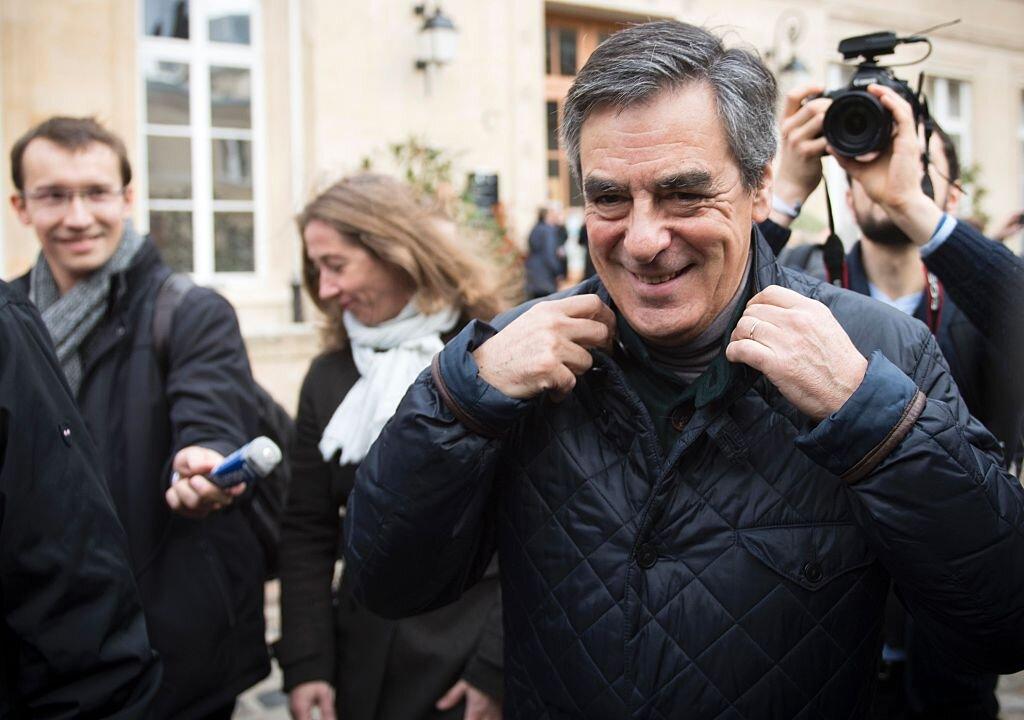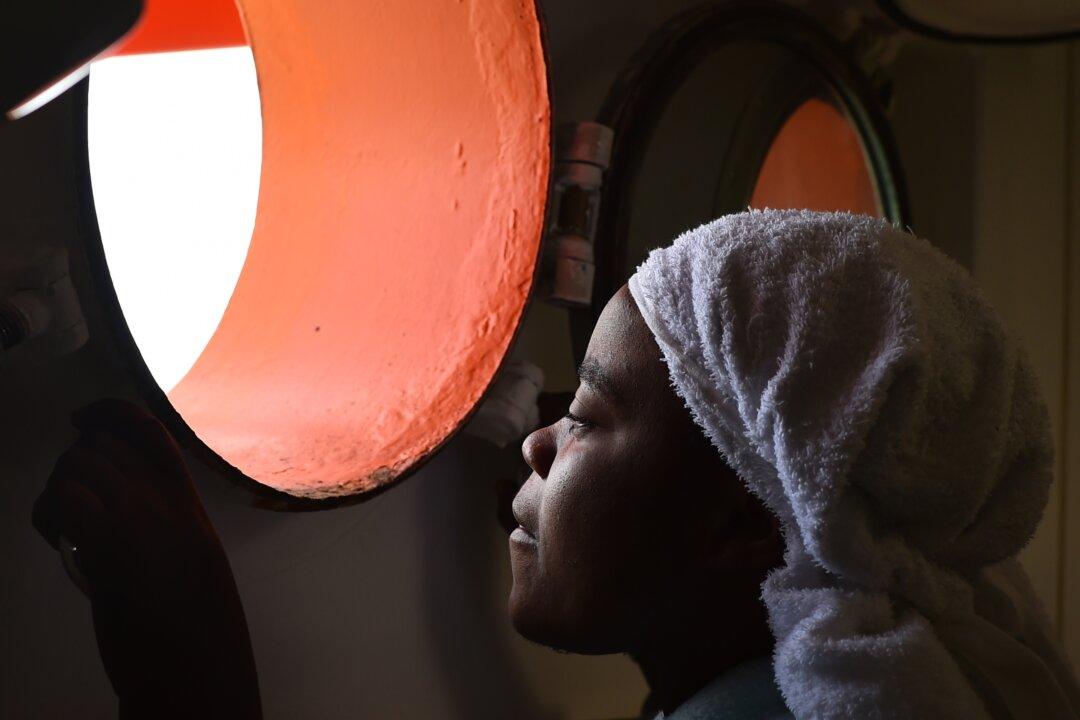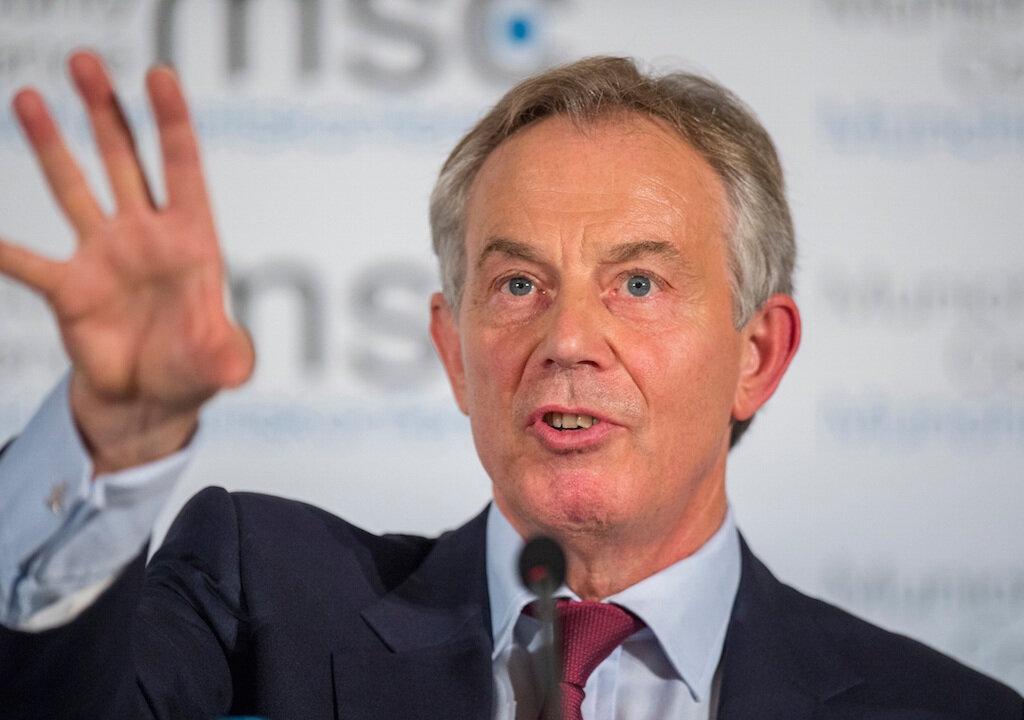“I call on you, every mujahid to disrupt this Satanic dancing on the bones of our ancestors”. As the world is gearing up for the Winter Olympic Games, set to start this Friday in the subtropical resort of Sochi, so is Doku Umarov. He is the self-proclaimed emir (leader) of the Caucasus Emirate, a loose alliance of rebel groups seeking to create an independent Islamic state in the Caucasus. Often compared to Bin Laden for the impact of the attacks he has coordinated, he is just one of many terrorist leaders that have openly called for attacks on the Sochi games as part of a region-wide Islamist insurgency. With the opening bell fast approaching, should we be afraid of another Munich-type incident?
The decision to award Sochi the honor of hosting the Olympic Games was widely disputed. Sharing the same latitude as the French resort Nice, this lush retreat is known more for its palm trees than for its snowy wintery slopes. In this serene environment, it’s easy to forget that barely a few hundred miles east lies the troubled Caucasus, the home of insurgents like Umarov. Not to mention that less than 20 miles away is the border with the Georgian breakaway province of Abkhazia, still reeling with instability after the 2008 war.
Nevertheless, Putin vowed to transform the Black Sea city, sparing no expenses in the process. At over $51 billion, the Sochi Olympics are the most expensive Games ever hosted. Putin oversaw the project, with a heavy hand and a raised eyebrow, personally monitoring the progress of the construction works and tweaking any rough edges. When one of the contractors, Akhmed Bilaov, fell behind schedule, the President sacked him on the spot. Since, he has fled the country and has claimed to be the victim of an attempted poisoning
Following the example set out by the Beijing Summer Olympics of 2008, Putin has tried to create these almost megalomaniacal Games in order to demonstrate Moscow’s power. They portray a bold Russia, engaged in a costly process of self-celebration, flaunted in a region plagued by conflict and instability. The event is also meant to showcase a distinct political message. Having emerged victorious from the lengthy war with the Muslim separatists of Chechnya on one side, and the blitzkrieg of August 2008 with Georgia on the other, Putin will use the symbolism of these Olympics to show his force and defiance.
The Russian republics of Chechnya, Dagestan and Ingushetia have been the scene of violent suicide bombers, attacks and assassinations carried by an Al-Qaeda type militancy. The massive media presence and importance of the Sochi Olympics has increased the chances that similar attacks might be staged. Doku Umarov has been joined in his threats by other organizations like Imarat Kavkaz (the Caucasus Emirate) and Vilayat Dagestan. The latter has claimed responsibility for a twin suicide attack staged in Volvograd in late December, which claimed the lives of 31 people.
Vilyat Dagestan released a video in January, warning that more attacks will come. They also hinted that chemical weapons would be used. “If you hold these Olympics, you will receive a present from us . . . for you and also for the tourists who come.” The demands were simple: Russia must retreat from the North Caucasus and allow the creation of an Islamic state. The video also showed explosive devices being fixed on two men’s bodies.
This helps to explain the impressive security apparatus deployed in and around Sochi, under the watchful eye of the Russian Security Service, the FSB. According to analysts, more than 100,000 security personnel will be tasked with ensuring the successful unfolding of the Games. Roughly 30,000 members of the armed forces will be deployed in the mountains surrounding the resort. As for the Georgian border, Russia’s 58th Army has been tasked with supervising it, in a move that reminded many of the 2008 war, when several of its battalions crossed into Ossetia and moved on its capital.
At 40,000, the number of police officers expected to be on duty during the games is double the security force deployed in the London Summer Olympics. They will be trained to converse with spectators in three languages other than Russian (English, French, German). Complementing the conventional security apparatus, surveillance for the games will include drones, reconnaissance robots, sonar systems and high-speed patrol boats. A computer system named Sorm will be used by the FSB to monitor all Internet and communication traffic by Sochi residents, competitors and spectators. I discussed in a previous post the concerns of activists over the sets of measures, enacted by the Russian Duma in the wake of the Olympics, that facilitated such far-reaching surveillance programs.
In many respects, such a massive deployment of personnel seems to stifle any potential terrorist attacks on the actual venue of the games. The multiple checkpoints and security checks that visitors will have to endure to gain access to the event will no doubt be able to screen any potential threats. The underlying problem is that handing over the responsibility of running a smooth event to the military forces has the capacity to backfire. With temperatures running high, it can be expected that tourists will report abuses or otherwise wrongful treatment at the hands of the resilient Russian police force.
Terrorism relies on deception, fear and the media to get its point across. Only rarely have attacks been announced in such specific terms, making this observer believe that a more insidious strategy might be in the works. With such an important military presence in Sochi, it may happen that the environment of other targets will become more permissive, thus enabling militants to carry their attacks more easily.
Like a boomerang, the Sochi games may come and go without notable incidents, reassuring Russian leaders that the insurgency has been defeated. But one should always remember that the Caucasus has been fighting for independence since the 19th century, and has never shown signs of accepting the status quo. A peaceful Olympics does not a peaceful Caucasus make.




